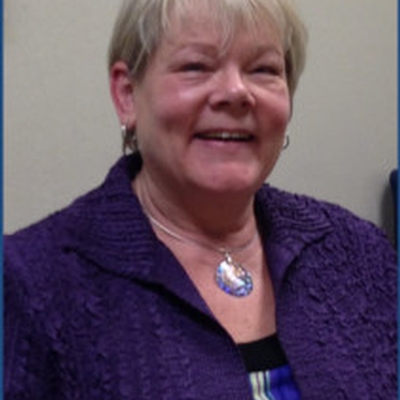“We’re saving everyone’s time and effort by asking a few questions up front,” she explains. “We need to ask clients, ‘What do you have in mind?’Â What do you mean when you ask about Obamacare?'” After all, when someone asks about “Obamacare,” he or she may be referring to the requirement to carry health insurance, potential penalties, new benefits or subsidies. This is why Marsha and her colleagues work hard to “delve a little bit deeper and find out what people are actually asking; Â what do they want to know and where can we help.”
For example, Marsha first needs to know if a customer currently has medical insurance, and if so, what level of coverage it provides, how satisfied the customer is with that insurance, and what role the person’s employer plays in providing that coverage. Then, Marsha helps the customer understand the new terminology of medical insurance.
“There’s a whole other language out there,” she explains. Plus, benefits look different than they used to, so Marsha takes time to make sure her customers know what benefits are called, how their prices are figured out, and what options might work best for them.
“Prior to the Affordable Care Act, you’d take the employee’s age or the applicant’s age on an individual application, and the whole family would be priced according to that one family member. Now, the cost is broken down into a separate price for each individual person in the family, but capping the number of dependent children under 21 to three. It could be, before ACA, that when one spouse was 60, the other spouse was 40, and it didn’t matter: you would always write the policy on the 40-year-old. But now the 60-year-old is going to get the 60-year-old price, and the 40-year-old is going to get the 40-year-old price, and so on.”
This is just one of the changes that the Affordable Care Act has brought about, so it’s no wonder that getting health insurance can seem confusing or even impossible.
Marsha believes that the Connecticut Access Health CT website is “as user-friendly as possible.” She points out, though, that “there are a lot more choices [than there used to be]. That’s where a broker comes into play. We understand how the system operates. We understand what the questions mean. We understand the plans, and what the benefits are of each plan. What may look like a very inexpensive plan may not be, depending upon how and where you use the plan and what your personal need is for using the benefits under the plan.”
So while contacting Marsha, or any of the other health benefits specialists at Tracy-Driscoll, may seem like yet another step in an already long and confusing process, it’s a step that could save you time, stress, and even money in the end. Â To get started, contact Marsha today at (860) 314-4584 or email her at mtripp@tracy-driscoll.com.



